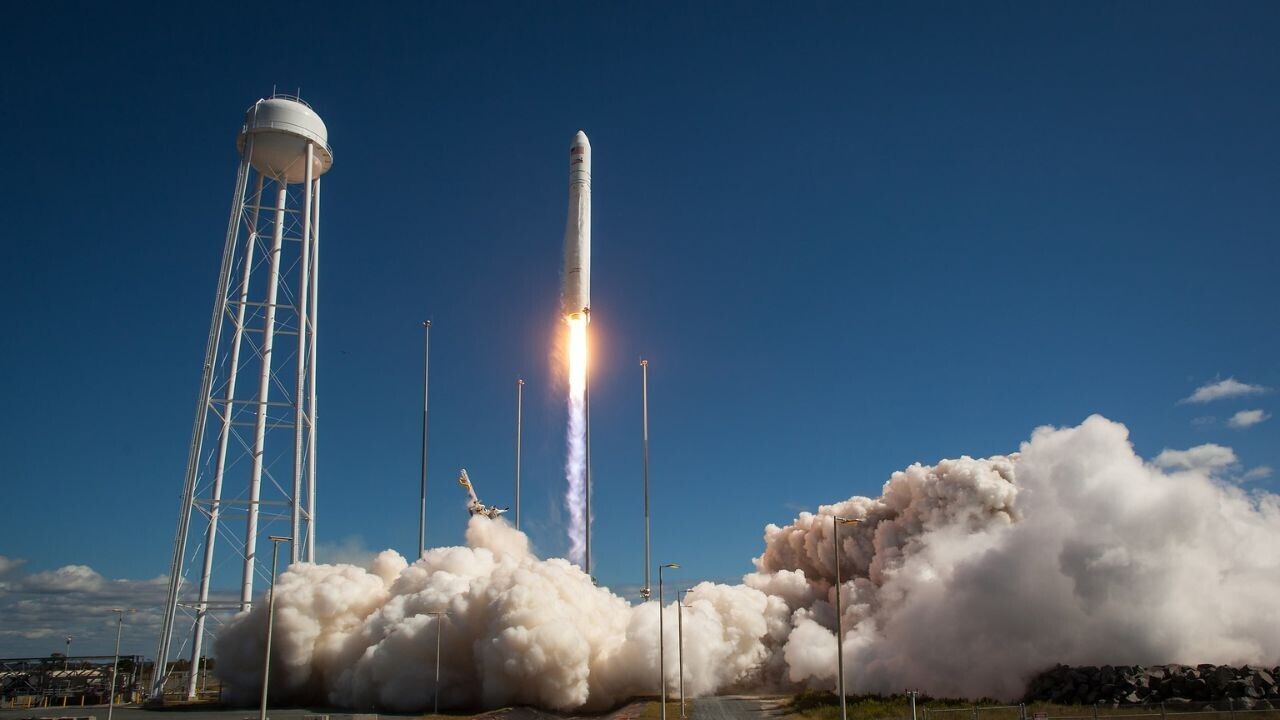
A world record of 210 successful orbital launches was set in 2023, but Europe has slipped further behind the global leaders. The continent contributed just three of the year’s launches — its lowest total since 2004.
It’s a figure that pales in comparison to several individual nations. The US alone had 109 successful orbital launches — the most a single country has ever completed. The previous record holder was the Soviet Union, which sent 108 rockets into orbit in 1982.
Taking the silver medal for 2023 was China, with 66 successful launches. Russia, which is categorised separately from Europe due to its transcontinental space programme, came in third with 19.
For the first time, Europe was also overtaken in the rankings by India, which achieved seven orbital launches last year.
One reason for the continent’s deficit is geographical restrictions. All three of Europe’s launches were actually in South America, where France’s overseas department of French Guiana hosts a spaceport.
On mainland Europe, meanwhile, a combination of densely populated nations, heavy air traffic, and limited easterly expanses of water makes rocket launches challenging.
The continent is also short on aerospace giants. Last year’s orbital launches were all completed by the same company: France’s Arianespace. The first of them was the European Space Agency mission to the icy moons of Jupiter. The April launch was the penultimate flight of the Ariane 5 rocket.
Three months later, the launcher completed its final voyage, sending communication satellites for Germany and France into space. Ariane 5 was then retired, which sparked fears that Europe now faced “an acute launcher crisis.”
Europe finds itself in an acute launcher crisis with a gap in its access to space and no real launcher vision beyond 2030. True crisis forces us to reflect on the causes & decisions that brought us here, to come out stronger than before. Read my OpEd?https://t.co/s0dfMv50u3
— Josef Aschbacher (@AschbacherJosef) May 24, 2023
Despite the concerns, the continent did complete another successful orbital launch in 2023. It took place on October 8, when Arianespace’s Vega rocket sent an Earth observation satellite, 10 CubeSats, and a weather satellite, into space.
In Western Europe, however, a satellite has still never been sent into orbit. Virgin Orbit attempted to reach the milestone last January, but the launch from Spaceport Cornwall in the UK failed when the rocket’s second-stage engine malfunctioned. Nonetheless, there are growing hopes that the landmark is getting closer.
One source of optimism is an expanding range of sites with orbital launch capacities. They include Andøya Spaceport in northwest Norway, which officially opened in November. Andøya aims to be the first operational orbital spaceport in continental Europe.
There has also been positive progress at SaxaVord spaceport in the UK’s Shetland Islands. Last month, the site became the first spaceport in Western Europe to receive a licence for vertical rocket launches.
Europe can also take some solace from last year’s 100% success rate. That gave the continent an edge over Japan and North Korea, which also attempted three orbital launches, but respectively had one and two failures.
Get the TNW newsletter
Get the most important tech news in your inbox each week.





